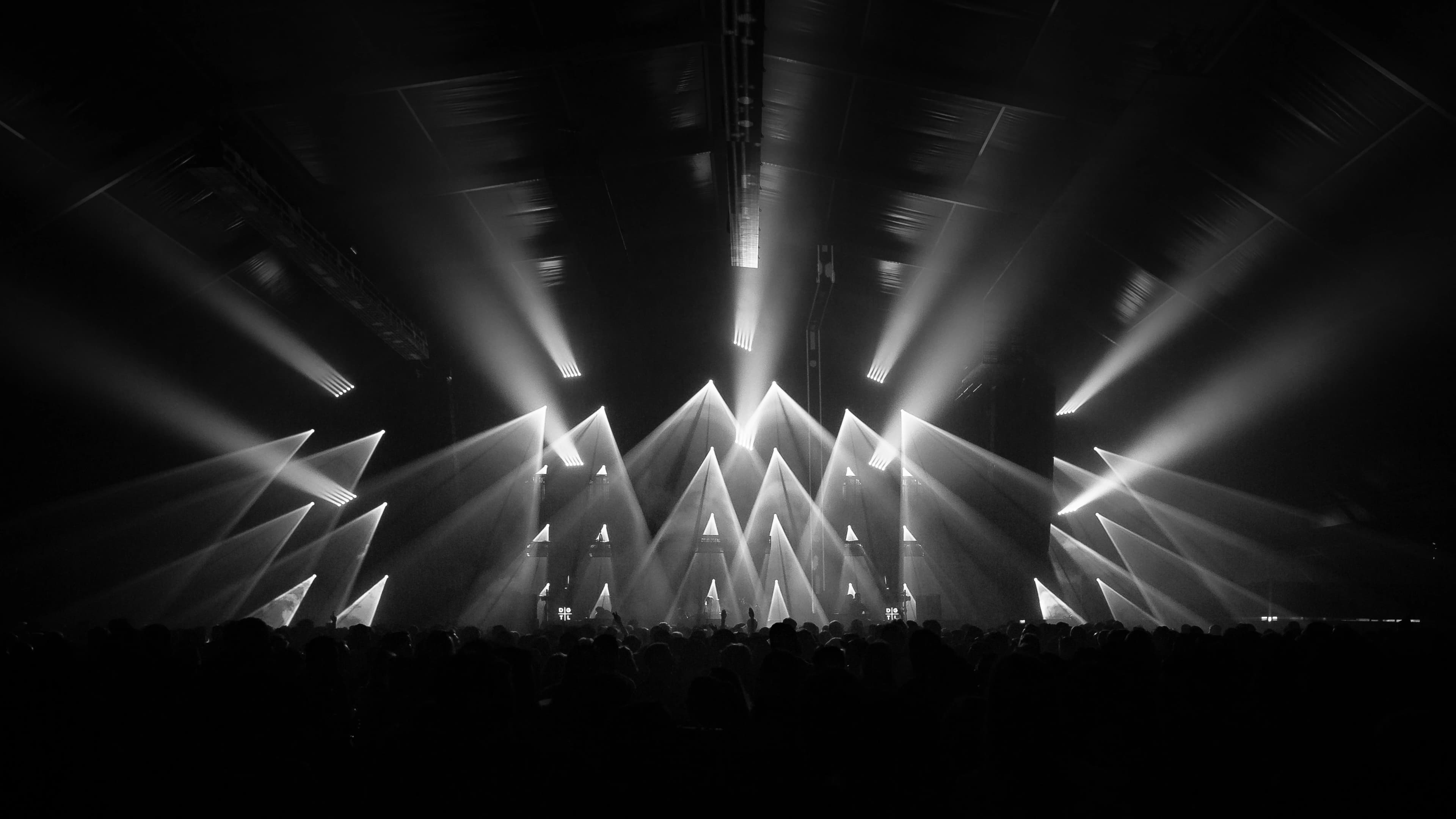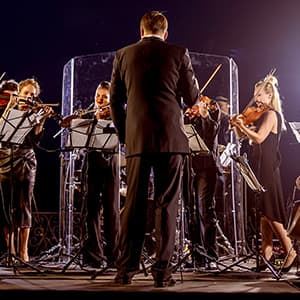

Strauss Tickets
Up to 30% Off Compared to Competitors.
Location: Select Location (e.g, New York)
Events Nearby
We're Sorry. There are currently no events near you.
About Strauss
In contemporary times, Johann Strauss's music continues to resonate in live concert settings, with orchestras and ensembles around the world frequently incorporating his works into their repertoires. The Vienna Philharmonic's New Year's Concert is perhaps the most famous live event dedicated to Strauss, showcasing his music every January 1st. This concert is broadcast globally, reaching millions and celebrating Strauss's legacy with performances of his waltzes, polkas, and operetta selections. Additionally, various orchestral performances, themed concerts, and gala events worldwide honor Strauss's contributions to classical music. Major cities often host Strauss-themed concerts, particularly around the festive season, where his compositions are performed in grand venues. Furthermore, numerous ballet and theatrical productions feature his music, demonstrating its adaptability and enduring popularity. As music enthusiasts seek immersive experiences, many organizations have created interactive events exploring Strauss's life and work, often complete with period costumes and dance performances, allowing audiences to engage deeply with his musical heritage. The continued celebration of Strauss's work in live performances signifies not only his timeless appeal but also the ongoing relevance of his contributions to the cultural landscape.
Strauss History
Johann Strauss II, often referred to as the 'Waltz King', was born on October 25, 1825, in Vienna, Austria. He was the son of Johann Strauss I, also a prominent composer known for his polkas and waltzes. Strauss II followed in his father's footsteps, initially working as a conductor and later establishing himself as a composer. He gained immense popularity in the 19th century, particularly for his contributions to the Viennese waltz, which became a musical genre synonymous with the elegance and grace of the Austrian capital. His most famous works include 'The Blue Danube', 'Tritsch-Tratsch-Polka', and the operetta 'Die Fledermaus'. Strauss's music was characterized by its melodic inventiveness and rhythmic vitality, making it a staple in concert halls and dance venues across Europe. His influence extended beyond his lifetime, shaping the course of light classical music and dance. The annual Vienna New Year's Concert, held by the Vienna Philharmonic, remains a tribute to his legacy, featuring many of Strauss's compositions and attracting millions of viewers worldwide. Strauss's music is not only a reflection of the cultural milieu of 19th-century Vienna but also a timeless celebration of joy and festivity, ensuring his place in the annals of concert music history.
